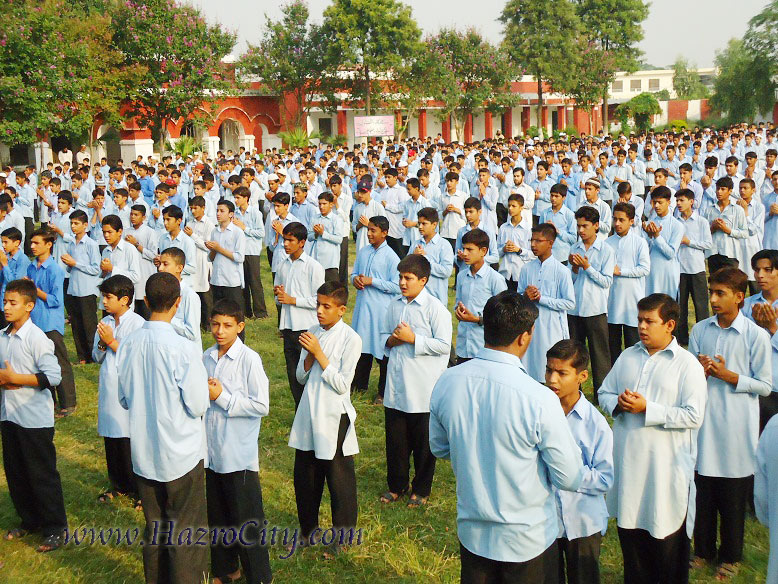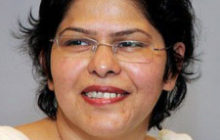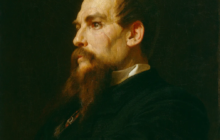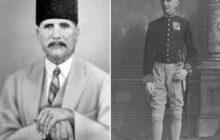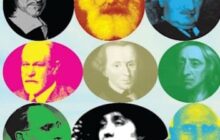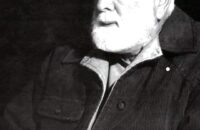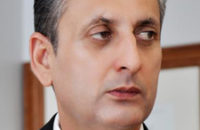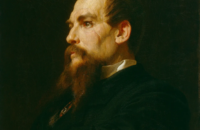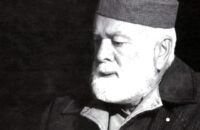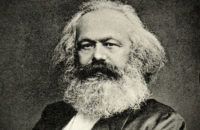A new study of Pakistani school textbooks backed by a US government commission has concluded their contents will make it virtually impossible for a new generation of Pakistanis to envision a peaceful future with Hindu-majority India.
The report “Teaching intolerance in Pakistan: Religious bias in public school textbooks”, released this week and sponsored by the US Commission on International Religious Freedom (USCIRF), noted that the textbooks are riddled with errors about minority faiths and cultures.
The textbooks, which reach more than 41 million children, negatively portray religious minorities as “untrustworthy and inferior”, the USCIRF said. The study was conducted by Pakistan-based NGO Peace and Education Foundation (PEF).
According to the study, a tenth grade Urdu textbook states: “Because the Muslim religion, culture and social system are different from non-Muslims, it is impossible to cooperate with Hindus.”
The report said: “This kind of education closes all doors for a new generation of Pakistani Muslims to see a peaceful future with Hindus of India, and worse yet, it provides a rationale to treat Pakistani Hindus as outsiders.
“In contrast, it ignores how Hindus and Muslims have cooperated and coexisted peacefully for centuries in the subcontinent.”
USCIRF chairman Robert P George said: “Pakistan’s public school textbooks contain deeply troubling content that portrays non-Muslim citizens as outsiders, unpatriotic, and inferior; are filled with errors; and present widely-disputed historical ‘facts’ as settled history.
He added this reflects the “alarming state today of religious freedom in Pakistan”.
The report said the social studies, Pakistan studies, and history curriculums teach students “a version of history that promotes a national Islamic identity of Pakistan and often describes conflicts with India in religious terms”. It added, “The conflation of national and religious identities creates a narrative of conflict and historic grievance between Pakistani Muslims and Indian Hindus.”
The report cited a social studies textbook of Sindh province that states: “Even a half century after the creation of Pakistan, (Hindu racist) organisations are still working to eliminate Muslims. As a result, violence has occurred between Hindus and other groups living in Pakistan, which resulted in the destruction of Babri mosque and Hindu-Muslim riots in Gujarat…”
The report further said: “In post-independence history, wars with India are emphasised and examples of peace initiatives are largely ignored, resulting in an unbalanced historical discourse focused on intractable conflict.”
The new study found some intolerant passages identified in another study in 2011 were removed from textbooks, while many new examples of bias were added, including passages that portray Pakistani Hindus as Indians.
The study made several recommendations, including the acknowledgement of peaceful coexistence and religious diversity in Pakistan so that students learn to respect all faiths.
The USCIRF is an independent, bipartisan US government panel that monitors the right to freedom of religion abroad and makes policy recommendations to the President, secretary of state and Congress.

